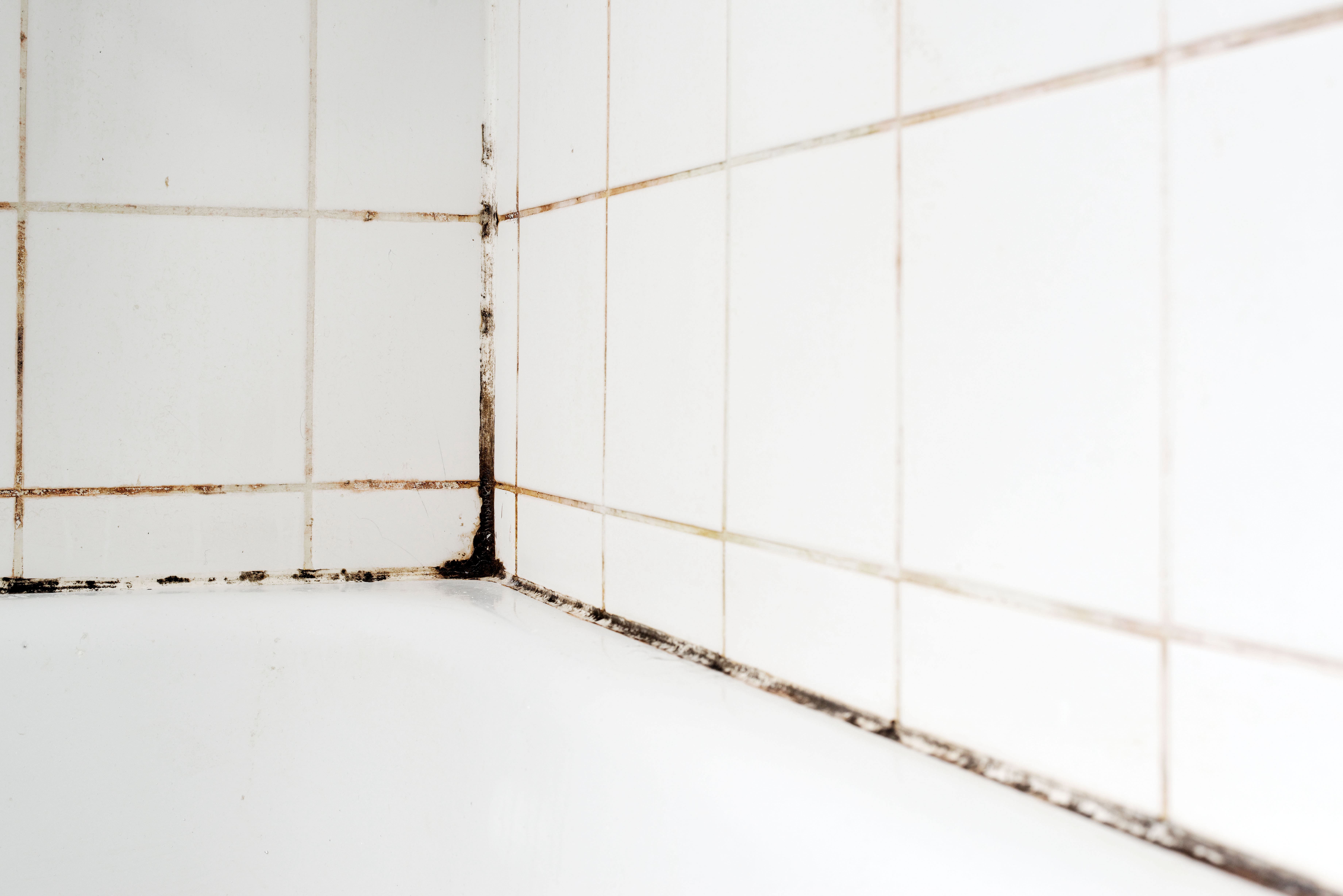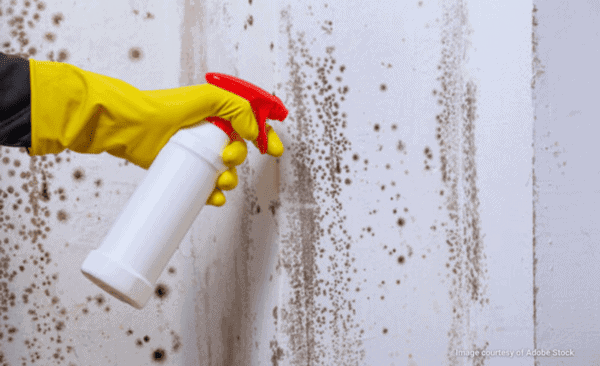Does home insurance cover mold?
Mold is a common yet serious issue for homeowners. It can damage your property and pose health risks to residents. This brings up a crucial question: does home insurance cover mold? The answer isn’t always straightforward. Mold coverage depends on the cause of the mold and the specific terms of your insurance policy. Let’s explore the nuances of mold coverage and how you can address mold issues effectively.

When is mold covered by home insurance?
Home insurance policies generally cover mold if it results from a sudden, accidental incident that is listed as a covered peril. For instance, if a pipe bursts and water damage leads to mold growth, your insurance may cover the cost of mold remediation. Similarly, if a fire is extinguished using water, resulting in mold growth, that situation might also be covered.
However, gradual issues like long-term leaks or poor maintenance are usually not covered. Insurance providers often see these situations as preventable with regular home upkeep. Reviewing your policy can help you understand the specifics of your coverage.
Preventing Mold in Your Home
Preventing mold is better than dealing with its consequences. Mold thrives in damp, poorly ventilated environments, so addressing these conditions is key. Here are some practical tips:
-
Repair water leaks immediately.
-
Ensure proper ventilation in areas prone to moisture, like bathrooms and kitchens.
-
Use dehumidifiers to control humidity levels.
-
Regularly clean gutters and ensure downspouts direct water away from your home.
-
Avoid carpeting in damp areas, such as basements.
By taking these measures, you can reduce the likelihood of mold problems and protect your home from potential damage.
.png?width=952&height=238&name=Beige%20Aesthetic%20Business%20Banner%20Email%20Header%20(600%20x%20150%20px).png)
Steps to take if you discover Mold
If you find mold in your home, act quickly to minimize its spread and potential health impacts. Here’s what to do:
-
Identify the source: Determine what’s causing the mold, such as a leak or poor ventilation, and address it immediately.
-
Document the damage: Take photos and keep records to share with your insurance provider if you file a claim.
-
Contact professionals: Depending on the extent of the mold, you may need a mold remediation specialist. Professionals can safely remove mold and prevent future outbreaks.
Notify your insurer: If the mold is linked to a covered peril, report it to your insurance company. Provide all necessary documentation to support your claim.
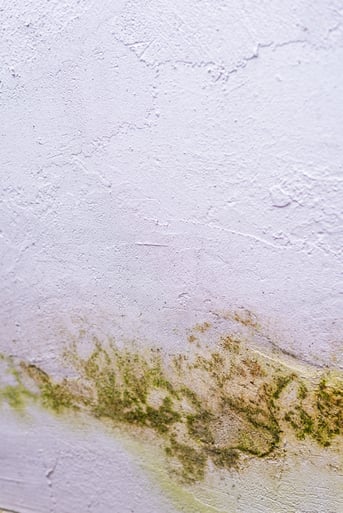
How much does mold removal cost?
The cost of mold removal varies widely based on the severity of the problem. Minor cases can cost as little as $500, while extensive remediation in large areas may exceed $20,000. Insurance can significantly offset these costs if the mold results from a covered peril. However, if you’re paying out-of-pocket, it’s wise to get multiple quotes and understand the scope of work involved. We can help you with this! 👇
Understanding your policy’s mold coverage
Not all insurance policies include mold coverage. Some providers offer additional endorsements or riders to cover mold-related issues. These add-ons can provide peace of mind, especially if you live in a humid region or an area prone to water damage. It’s essential to review your policy carefully and ask your insurer about mold-specific provisions.
Dealing with mold can be stressful, but understanding your insurance coverage and taking preventive measures can make a big difference. While home insurance may cover mold caused by sudden, accidental events, maintaining your home and addressing moisture issues promptly is crucial. If you’re uncertain about your coverage, consult with your insurance provider and consider additional protection if needed. A proactive approach will help you safeguard your property and health from the risks of mold.
FAQs "Does Home Insurance Cover Mold?"
Does homeowners insurance cover mold damage?
Homeowners insurance may cover mold damage damage from a burst pipe or a roof leak. However, most policies exclude coverage for mold growth that results from neglect, poor maintenance, or long-term water damage. Always review your policy to understand the specifics.
Are there any exceptions to mold coverage in home insurance policies?
Yes, many policies have exclusions for mold damage caused by flooding, poor ventilation, or lack of maintenance. For mold to be covered, it generally needs to result from a covered peril like a plumbing leak or a storm. It's essential to check your policy for these specific exclusions.
How can I prevent mold from growing in my home to avoid insurance issues?
Regular maintenance, such as fixing leaks promptly, ensuring proper ventilation, and controlling humidity levels, can prevent mold growth. Maintaining your home and addressing issues early can also help avoid potential exclusions in your insurance policy.
Does my home insurance cover the cost of mold remediation?
Mold remediation may be covered if it results from a covered incident like water damage. However, there are often coverage limits for mold removal, and some policies may have specific caps on mold-related claims. Check your policy's terms and conditions for details.
Can I add mold coverage to my homeowners insurance policy?
Some insurance providers offer mold coverage as an optional add-on or endorsement to a homeowners insurance policy. If mold is a concern in your area, consider discussing with your insurer about adding this coverage to ensure you're protected.
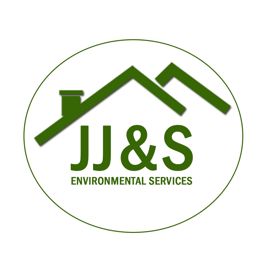
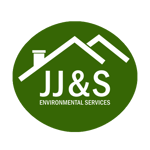
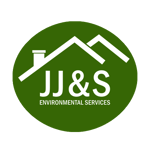

.png?width=952&height=238&name=Beige%20Aesthetic%20Business%20Banner%20Email%20Header%20(600%20x%20150%20px).png)




